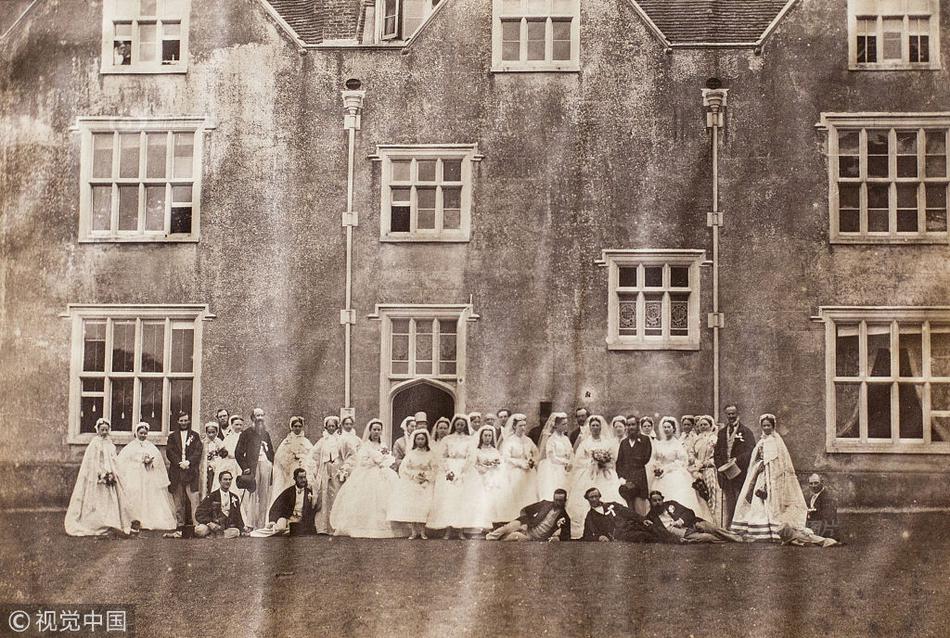Facebook wants your nude photos.
We're not kidding. It's part of an effort by the social network to prevent revenge porn from spreading via its network. But the idea of sending nude photos to one of the world's most profitable companies frightened people.
This Tweet is Monica Swinncurrently unavailable. It might be loading or has been removed.
On Thursday, Facebook further clarified how the program works via a blog post titled "The Facts: Non-Consensual Intimate Image Pilot" and published by Facebook's Global Head of Safety Antigone Davis.
It's an important move for Facebook as it battles a reputation for helping destroy America's democracy and profiting off the personal information of at least 2 billion people. Recently, the myth of Facebook listening to conversations has regained the spotlight.
"We recently announced a test that’s a little different from things we’ve tried in the past. Even though this is a small pilot, we want to be clear about how it works," Davis wrote.
Davis emphasized in the blog post that the program is completely voluntarily and that user privacy is protected. For example, the eSafety Commission in Australia receives users' submissions and then notifies and sends them to Facebook. Individuals at the third-party partner "do not have access to the actual image."
Rather, a "specifically trained representative" from Facebook's Community Operations team reviews and then hashes the image. In other words, yes, a Facebook employee will be looking at the submitted pictures.
That begs the question: What if the "specifically trained representative" went rogue? We saw what happened when someone with great power and responsibility left Twitter.
The blog post also included lengthy quotes from three experts on security who have been working with Facebook on the test.
"This is a complex challenge and they have taken a very thoughtful, secure, privacy sensitive approach at a small scale with victim advocates on the frontline," wrote Danielle Keats Citron, a law professor at the University of Maryland Carey School of Law.
Currently, Facebook is testing it in Australia and that doesn't mean it will roll out globally.
"It’s a protective measure that can help prevent a much worse scenario where an image is shared more widely. We look forward to getting feedback and learning," Davis wrote.
(Editor: {typename type="name"/})
 Best gaming laptop deal: Save $400 on the HP Victus 15 with Ryzen 5 and Radeon RX 6550M
Best gaming laptop deal: Save $400 on the HP Victus 15 with Ryzen 5 and Radeon RX 6550M
 No, Starbucks did not release a green holiday cup
No, Starbucks did not release a green holiday cup
 So here's Liz Cheney's kid dressed as Hillary Clinton's emails for Halloween
So here's Liz Cheney's kid dressed as Hillary Clinton's emails for Halloween
 No, Starbucks did not release a green holiday cup
No, Starbucks did not release a green holiday cup
 'The Last of Us' Season 2, episode 3's opening credits has a heartbreaking change
'The Last of Us' Season 2, episode 3's opening credits has a heartbreaking change
Q&A with tendercare founder and CEO Shauna Sweeney
 Shauna Sweeney was an executive at Meta, leading global industry intelligence and marketing programs
...[Details]
Shauna Sweeney was an executive at Meta, leading global industry intelligence and marketing programs
...[Details]
This is how the lone American in space is voting in the presidential election
 UPDATE: Nov. 2, 2016, 5:41 p.m. EDT This story has been updated to reflect a correction. NASA's Shan
...[Details]
UPDATE: Nov. 2, 2016, 5:41 p.m. EDT This story has been updated to reflect a correction. NASA's Shan
...[Details]
The best proposed emoji we might see in the future
 Now the we know which new emoji are coming to our mobile devices soon, it's time to look into the fu
...[Details]
Now the we know which new emoji are coming to our mobile devices soon, it's time to look into the fu
...[Details]
3 questions to decide if you're having a bad week or are about to burn out
 I’d been sitting at my desk staring slack-jawed at that menacing blinking text cursor for the
...[Details]
I’d been sitting at my desk staring slack-jawed at that menacing blinking text cursor for the
...[Details]
Best JBL deal: Save $80 on JBL Xtreme 4 portable speaker
 SAVE $80:As of April 15, the JBL Xtreme 4 portable speaker is on sale for $299.99 at Best Buy. That'
...[Details]
SAVE $80:As of April 15, the JBL Xtreme 4 portable speaker is on sale for $299.99 at Best Buy. That'
...[Details]
No, Starbucks did not release a green holiday cup
 Please chill, internet. It's only Nov. 1 and we're already fighting about Starbucks cups.Rumors were
...[Details]
Please chill, internet. It's only Nov. 1 and we're already fighting about Starbucks cups.Rumors were
...[Details]
Britain simply can't agree on how to pronounce this 5
 LONDON -- Britain has had to make several deeply difficult decisions over the last couple of years -
...[Details]
LONDON -- Britain has had to make several deeply difficult decisions over the last couple of years -
...[Details]
Michael Fassbender finally crushes James Bond rumours
 LONDON -- Sorry Fassbender fans, but the star of Steve Jobs, Frankand X-Menis not going to be your n
...[Details]
LONDON -- Sorry Fassbender fans, but the star of Steve Jobs, Frankand X-Menis not going to be your n
...[Details]
Why Building a Gaming PC Right Now is a Bad Idea, Part 3: Bad Timing
Exhibition on Princess Diana's hair stylist celebrates the hair that shaped history
 LONDON -- Some images just stay with you. Princess Diana's slicked back short hair; Tilda Swinton ch
...[Details]
LONDON -- Some images just stay with you. Princess Diana's slicked back short hair; Tilda Swinton ch
...[Details]
Is 'Sing Sing' streaming? How to watch the A24 drama at home.

The InstruMMents 01 will render your tape measure totally obsolete

接受PR>=1、BR>=1,流量相当,内容相关类链接。